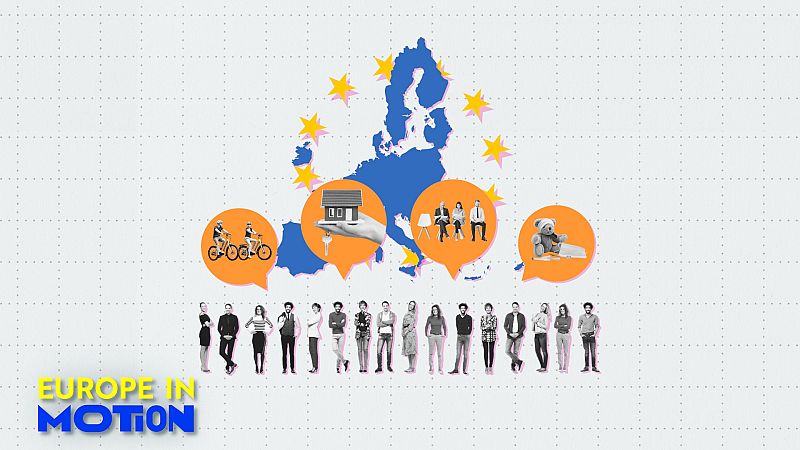Housing Crisis in the EU
A recent Eurobarometer report highlights a growing concern among European Union citizens regarding the availability of affordable housing. The survey reveals that 40% of respondents identify a lack of affordable housing as an immediate and urgent issue in their local area. This problem is particularly acute in urban centers, where the demand for housing outpaces supply, driving up costs and making it difficult for many to find suitable living conditions.
In the first quarter of 2025, house prices in the EU increased by 5.7%, while rental prices rose by 3.2% compared to the same period in 2024, according to Eurostat data. These figures underscore the ongoing challenges faced by households across the region. In cities, the issue is even more pronounced, with 51% of urban residents reporting that affordable housing is a major concern. In towns, this figure stands at 37%, while in rural areas, the primary worry shifts toward the quality of public services such as healthcare and childcare.
Public Services and Employment Concerns
The lack of quality public services is identified as a significant issue by 32% of respondents, while unemployment or limited job opportunities are cited by 31% of citizens. However, these concerns vary depending on where individuals live. In rural areas, 36% of respondents point to the lack of quality public services as their main issue, reflecting the disparities between urban and rural communities.
The report also highlights that in 15 member states, at least half of city dwellers consider the lack of affordable housing as an urgent problem. Ireland leads with 72% of respondents citing this issue, followed closely by Spain (69%) and Luxembourg (68%). These statistics indicate that the housing crisis is not just a national challenge but a widespread issue across the EU.
Climate Change and Local Action
EU citizens also express concerns about the actions taken by local authorities to address climate change and environmental issues. More than six in ten respondents believe that their local governments are not doing enough to tackle these challenges. The perception of inaction varies widely, with 61% of citizens feeling that waste management and recycling facilities are insufficiently addressed, and 73% believing that the energy efficiency of buildings needs improvement.
This sentiment is most prevalent in eastern and southern EU countries. In Bulgaria, 91% of respondents feel that local authorities are not taking sufficient action, followed by Romania (86%), Hungary (85%), Croatia (84%), Slovenia (83%), Portugal (82%), and Spain (81%). Conversely, in Malta, Luxembourg, the Netherlands, and Sweden, fewer than 60% of respondents share this view, suggesting a more positive outlook on local environmental efforts.
Rural vs. Urban Perspectives
There is a noticeable divide between rural and urban areas when it comes to perceptions of sustainable public transport. In most member states, rural residents are more likely than their urban counterparts to believe that local authorities are not doing enough to provide alternatives to car use. This gap is most evident in the Netherlands, France, and Finland, where the need for better public transportation infrastructure is more pressing.
Additionally, the report highlights gender differences in perceptions of pedestrian safety and cycling lanes in urban areas. Women are more likely than men to state that their local authorities are not taking enough action, or any at all, to improve these aspects of urban planning. This disparity points to the need for more inclusive and equitable approaches to city development.







